Petrol and diesel car ban launches in London: are you affected?
Only EVs, hybrids and hydrogen cars permitted on nine ‘ultra-low emissions streets’ during peak hours
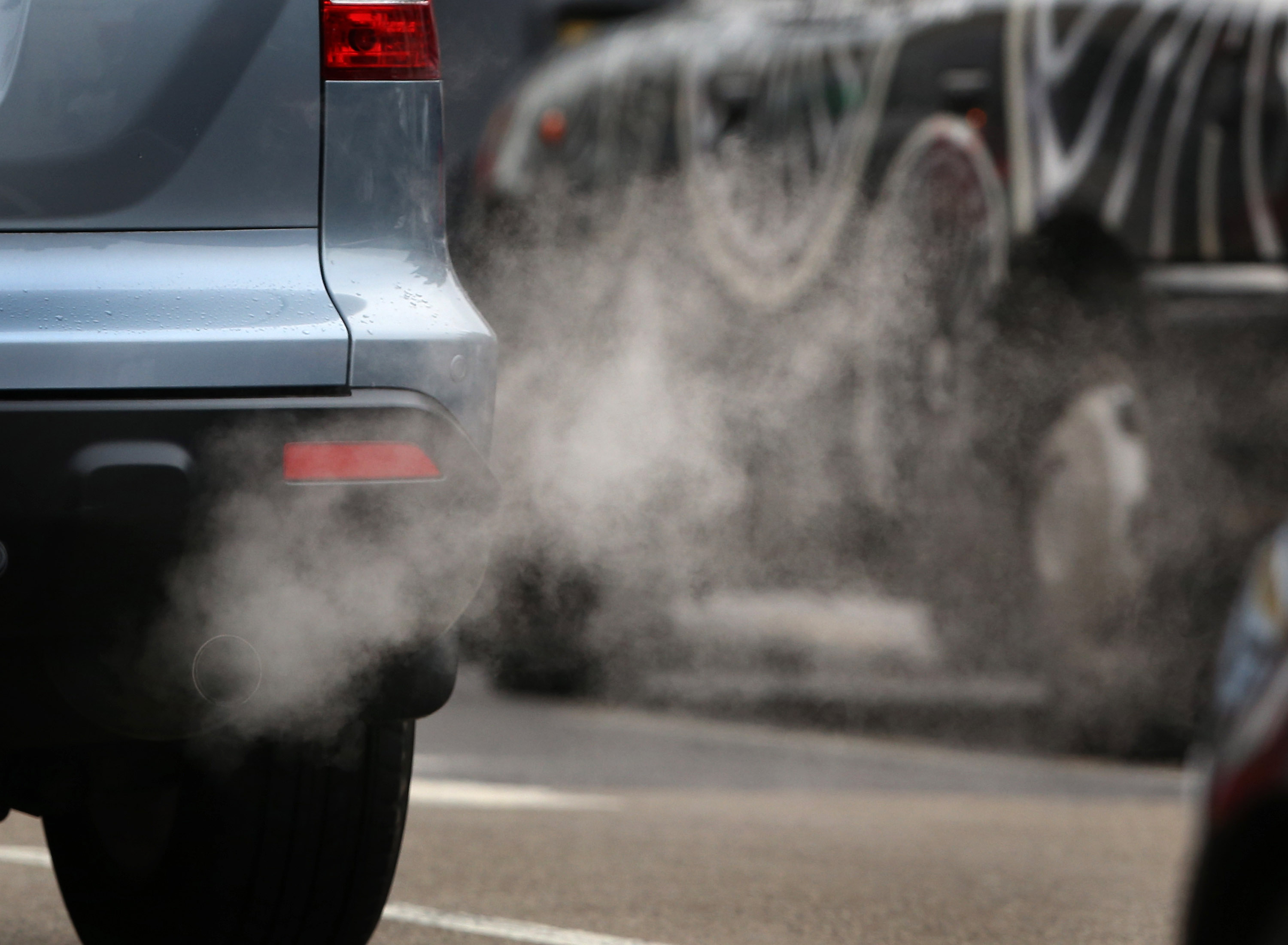
A free daily email with the biggest news stories of the day – and the best features from TheWeek.com
You are now subscribed
Your newsletter sign-up was successful
Drivers of petrol and diesel cars are banned from driving on some of London’s most polluted streets from today.
The boroughs of Hackney and Islington will allow only electric, hydrogen and the “cleanest” hybrid vehicles - those producing less than 75g/km of CO2 - to drive on certain streets between 7am and 10am, and from 4pm to 7pm, on weekdays, Auto Express reports.
Anyone caught flouting the ban in the so-called ultra-low emissions streets will be fined £130, says the London Evening Standard.
The Week
Escape your echo chamber. Get the facts behind the news, plus analysis from multiple perspectives.

Sign up for The Week's Free Newsletters
From our morning news briefing to a weekly Good News Newsletter, get the best of The Week delivered directly to your inbox.
From our morning news briefing to a weekly Good News Newsletter, get the best of The Week delivered directly to your inbox.
Feryal Demirci, deputy mayor of Hackney, said the ban will “reclaim the streets from polluting petrol and diesel vehicles, and improve the area for thousands of people every day”, The Guardian reports.
“Failing to act on poor air quality, which causes nearly 10,000 premature deaths across London every year, is not an option, and that’s why we’re being bolder than ever in our efforts to tackle it,” Demirci added.
Which areas are affected?
The ban covers a total of nine streets, split between zones 1 and 2:
A free daily email with the biggest news stories of the day – and the best features from TheWeek.com
Zone 1
- Blackall Street
- Cowper Street
- Paul Street (north of junction with Leonard Street)
- Ravey Street
- Singer Street
- Tabernacle St (north of junction with Leonard Street)
- Willow Street
Zone 2
- Charlotte Road
- Rivington Street (from junction with Curtain Road to junction with Great Eastern Street)
Will more streets be added?
It looks like it. According to the Evening Standard, the City of London Corporation is planning to introduce ultra-low emissions street restrictions on Moor Lane, near Moorgate, in April 2019.
London air quality chief Ruth Calderwood told the Financial Times last month that more streets may be added to the scheme in the near future, provided that the infrastructure for electric cars can support such a move.
“We want to make sure about the availability of vehicles. We don’t want to introduce something that’s going to be a problem,” she said.
-
 What to know before filing your own taxes for the first time
What to know before filing your own taxes for the first timethe explainer Tackle this financial milestone with confidence
-
 The biggest box office flops of the 21st century
The biggest box office flops of the 21st centuryin depth Unnecessary remakes and turgid, expensive CGI-fests highlight this list of these most notorious box-office losers
-
 What are the best investments for beginners?
What are the best investments for beginners?The Explainer Stocks and ETFs and bonds, oh my
-
 BMW iX3: a ‘revolution’ for the German car brand
BMW iX3: a ‘revolution’ for the German car brandThe Week Recommends The electric SUV promises a ‘great balance between ride comfort and driving fun’
-
 Arcadia: Tom Stoppard’s ‘masterpiece’ makes a ‘triumphant’ return
Arcadia: Tom Stoppard’s ‘masterpiece’ makes a ‘triumphant’ returnThe Week Recommends Carrie Cracknell’s revival at the Old Vic ‘grips like a thriller’
-
 American Psycho: a ‘hypnotic’ adaptation of the Bret Easton Ellis classic
American Psycho: a ‘hypnotic’ adaptation of the Bret Easton Ellis classicThe Week Recommends Rupert Goold’s musical has ‘demonic razzle dazzle’ in spades
-
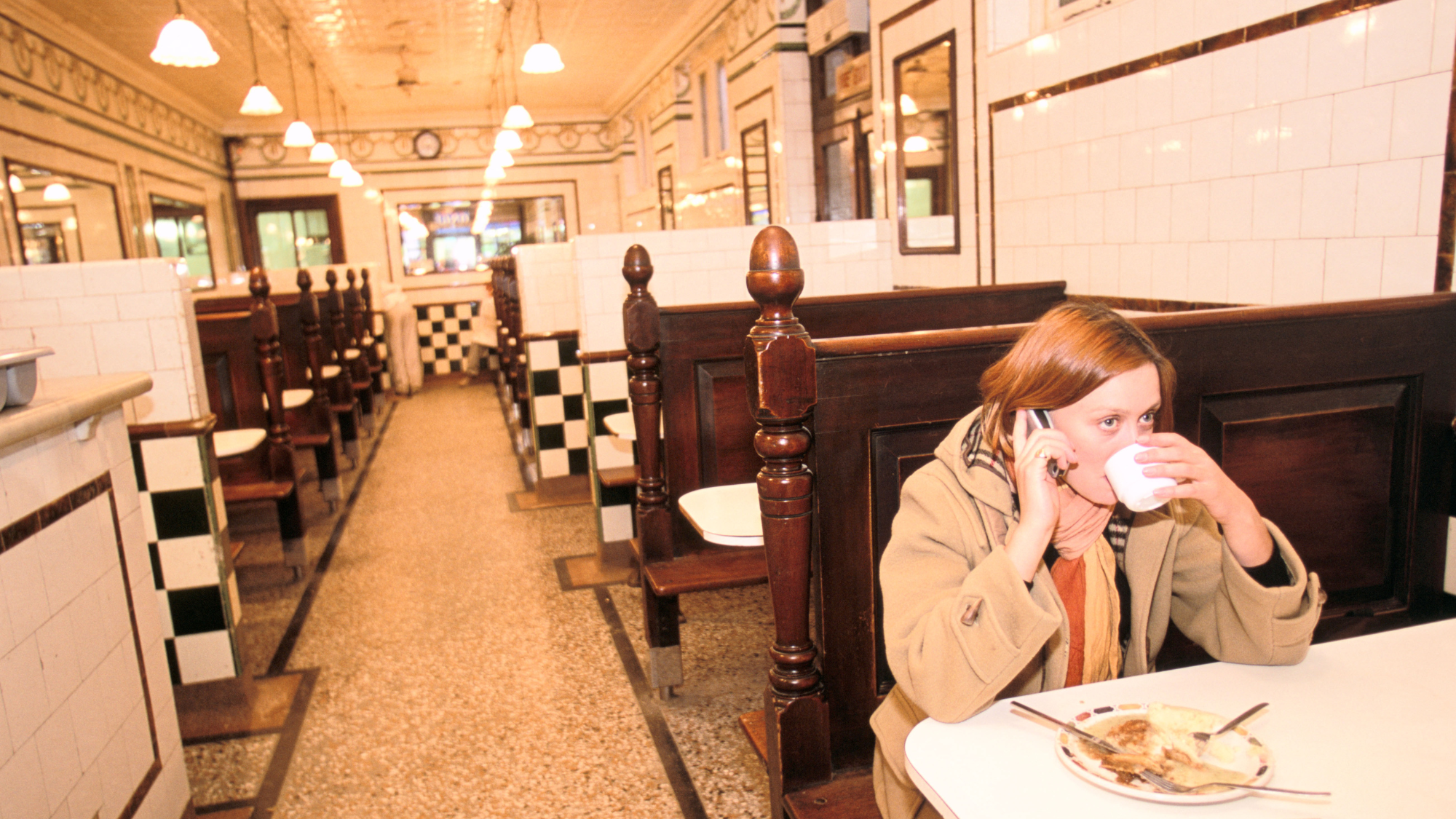 Can London’s pie and mash shops make a comeback?
Can London’s pie and mash shops make a comeback?Under the Radar Traditional East End eateries are on the ‘brink of extinction’ – but a younger generation is giving the Cockney cuisine an unexpected boost
-
 Breaking news: the rise of ‘smash hit’ rage rooms
Breaking news: the rise of ‘smash hit’ rage roomsUnder the Radar Paying to vent your anger on furniture is all the rage but experts are sceptical
-
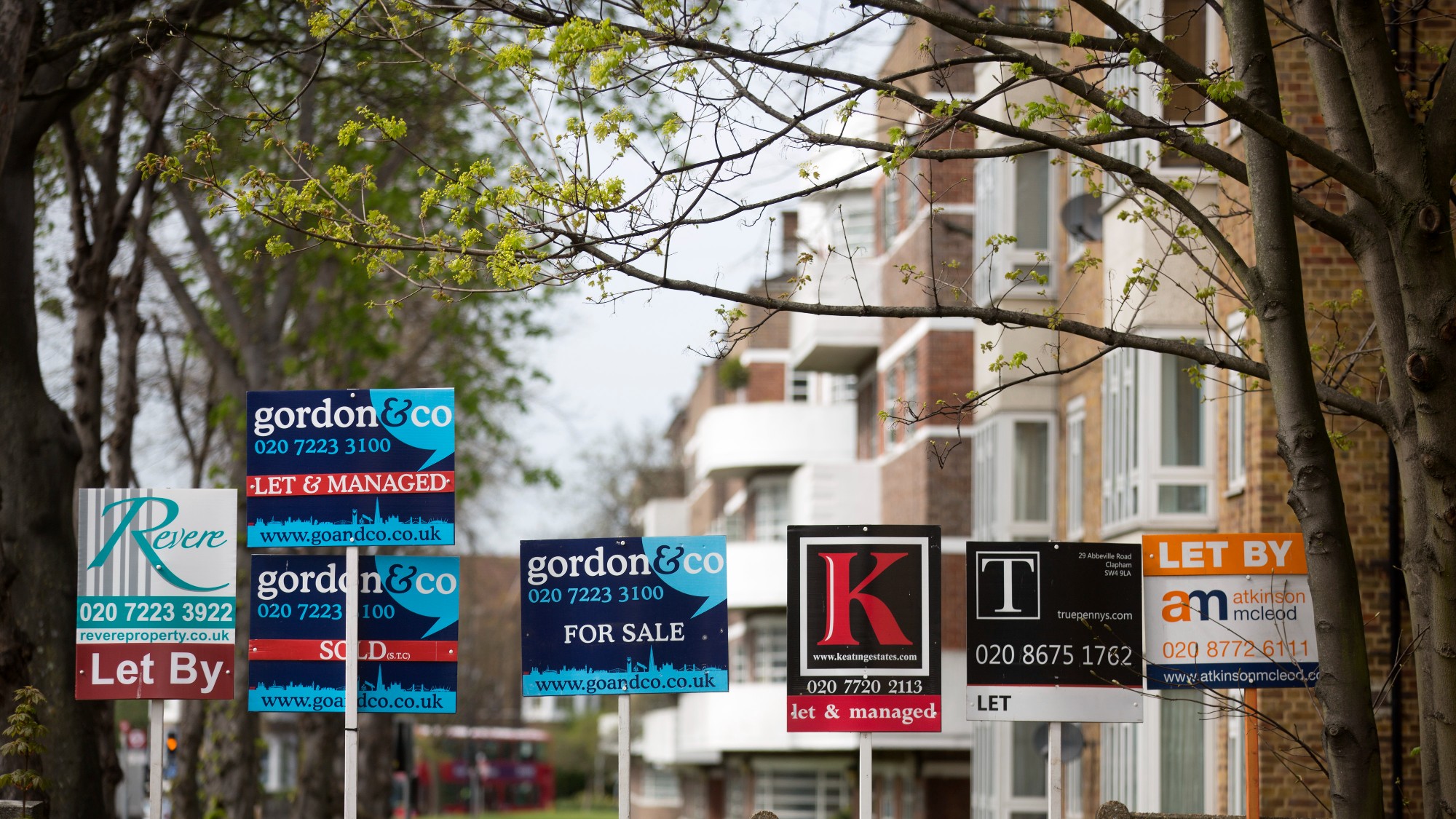 Why is London’s property market slumping?
Why is London’s property market slumping?Today's Big Question Some sellers have reported losses of hundreds of thousands of pounds
-
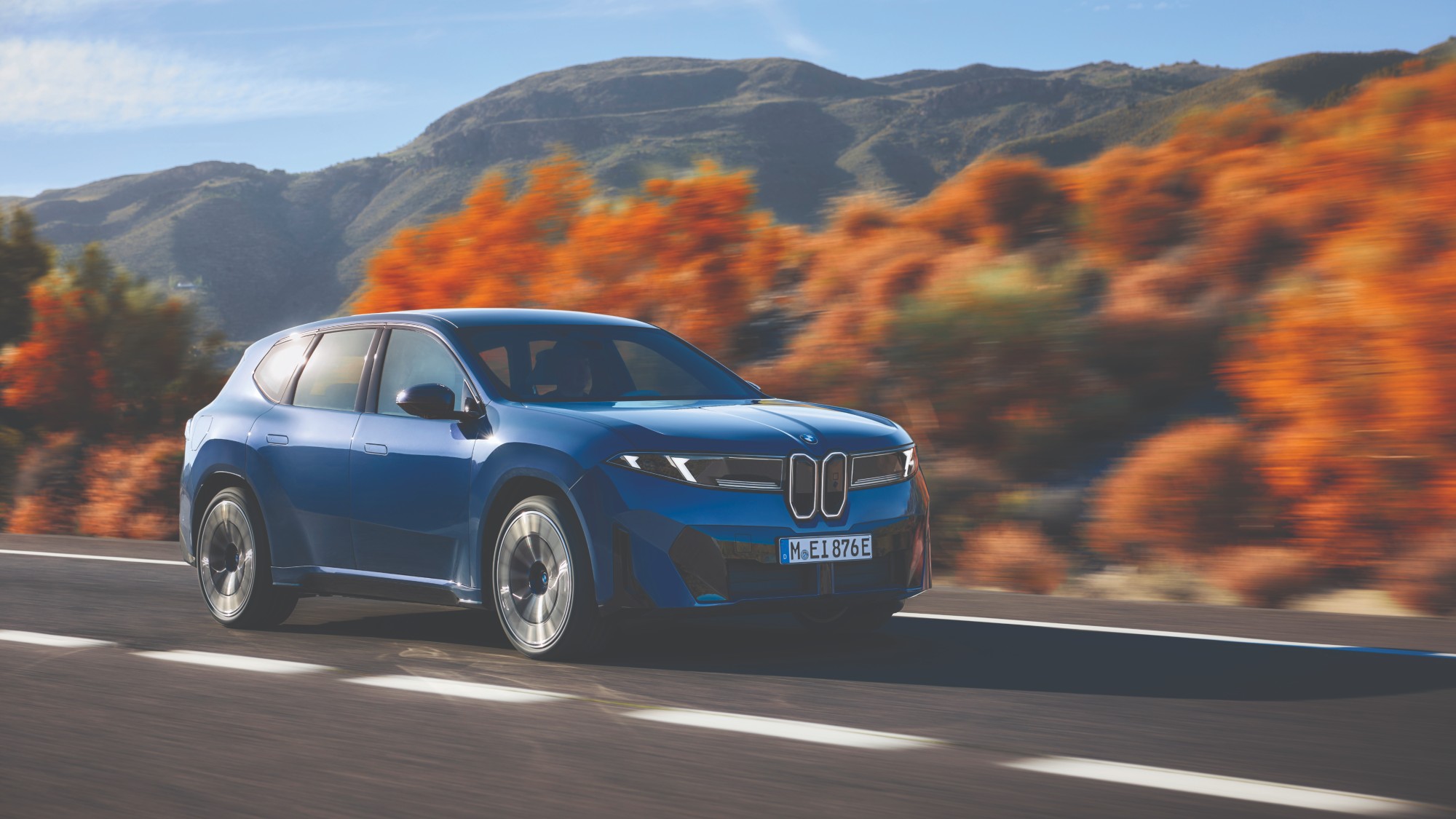 The best new cars for 2026
The best new cars for 2026The Week Recommends From SUVs to swish electrics, see what this year has to offer on the roads
-
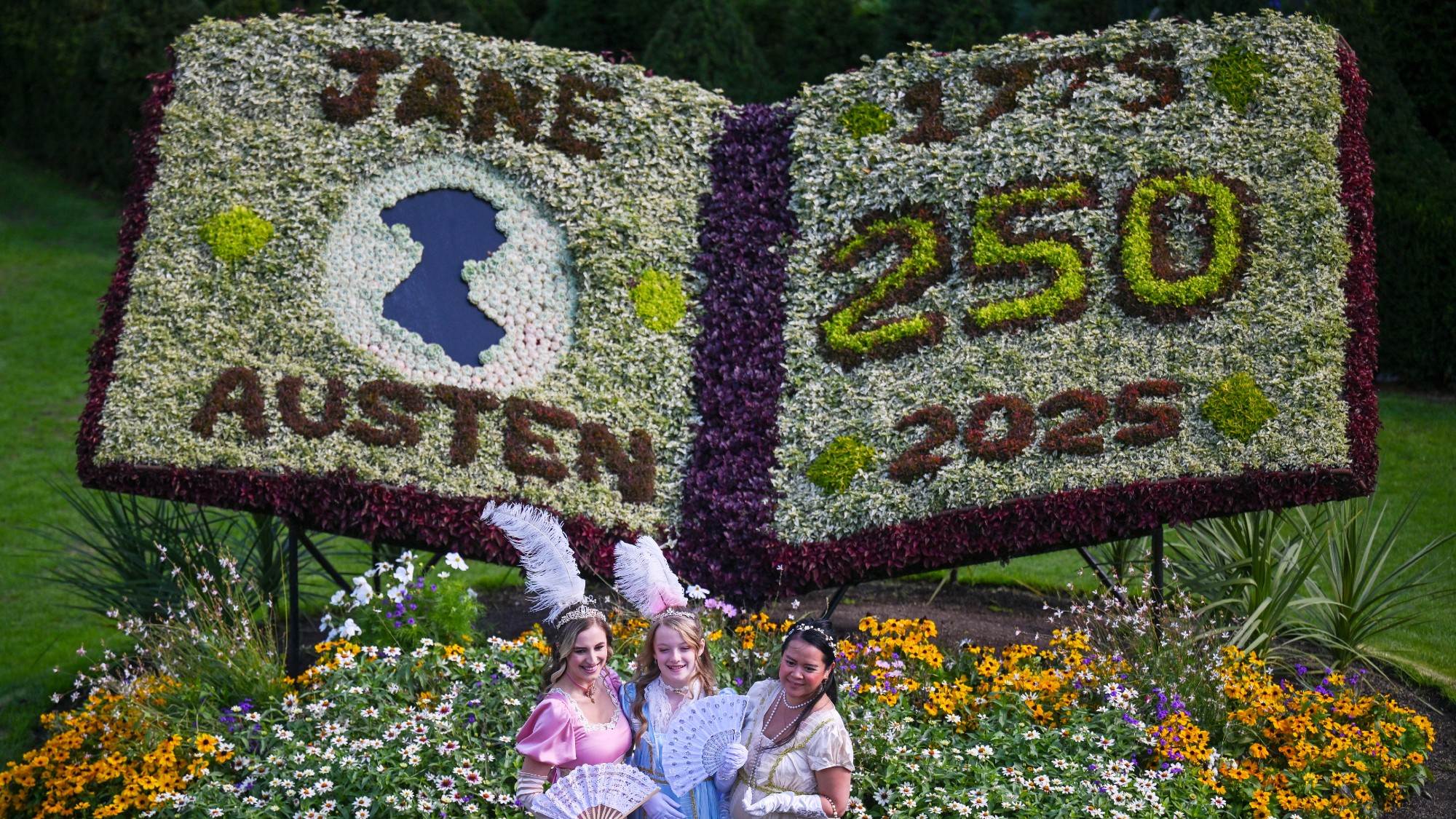 Jane Austen lives on at these timeless hotels
Jane Austen lives on at these timeless hotelsThe Week Recommends Here’s where to celebrate the writing legend’s 250th birthday